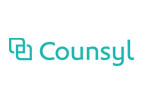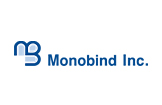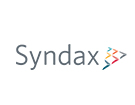Life Sciences
Financials and Reporting For A Growing Life Sciences Business
Over 21,000 customers around the world are transforming their businesses with NetSuite. We have deep experience managing the financials and reporting for biotech and pharmaceutical businesses like yours with NetSuite’s leading cloud ERP.







Efficiently manage the financial complexities of your biotech and pharmaceutical business in the cloud:
Streamline financial reporting and close the books with ease.
Gain a 360-degree view of the customer across all sales channels and touchpoints.
Empower your employees with role-based dashboards.
Enable a real-time view of your business health— anytime, anywhere.
demand, direct the orders through our seven-step assembly
process, and ensure that they go out the door on time.”
and doubled sales staff productivity through greatly improved
inventory visibility with NetSuite.
run on QuickBooks because you will have compliance issues.
NetSuite is highly customizable and issue bundle update that
continues to improve.”
RUN YOUR FINANCIALS ON A SINGLE, TRUE CLOUD PLATFORM
Equip your business with real-time cloud financials for streamlined reporting and reduced lead times for closing the books.
KNOW YOUR BUSINESS LIKE NEVER BEFORE
Gain insight from real-time data gathered across your organization and empower your employees with the information they need.
GET A 360-DEGREE VIEW OF YOUR CUSTOMERS
Record every interaction automatically in a single, searchable system—from phone calls and emails to sales transactions and support tickets.
RUN YOUR BUSINESS ON YOUR OWN TERMS
Access your business data anywhere, anytime, whether you are on the go or in the office.




























